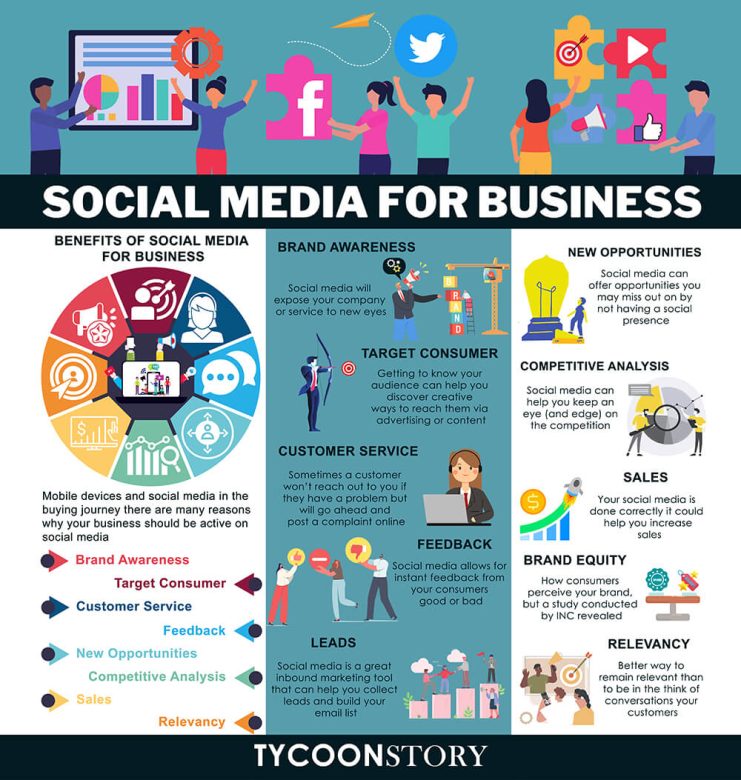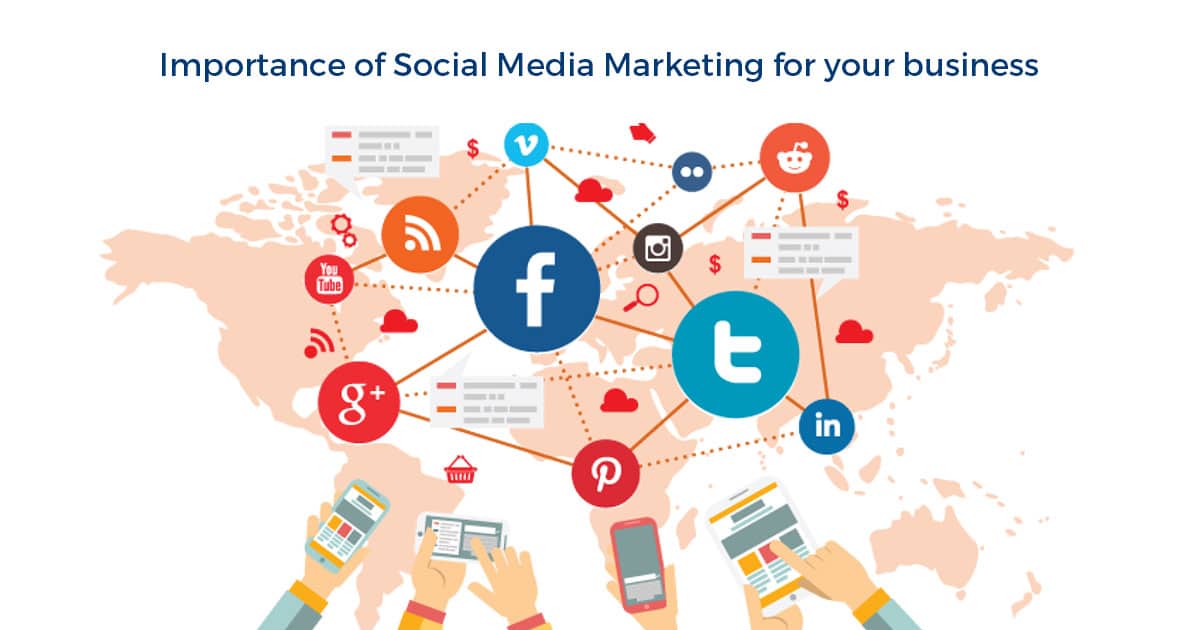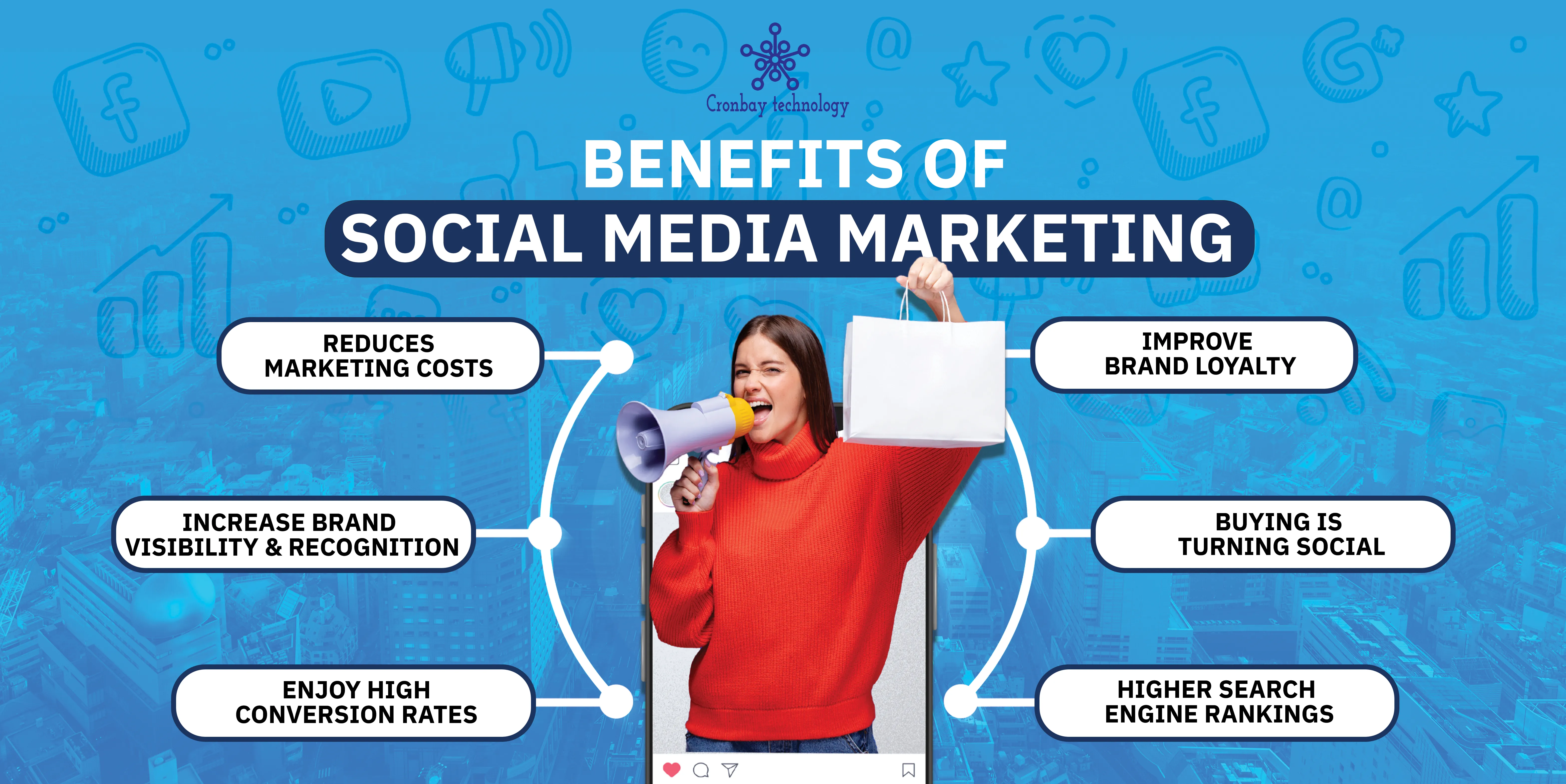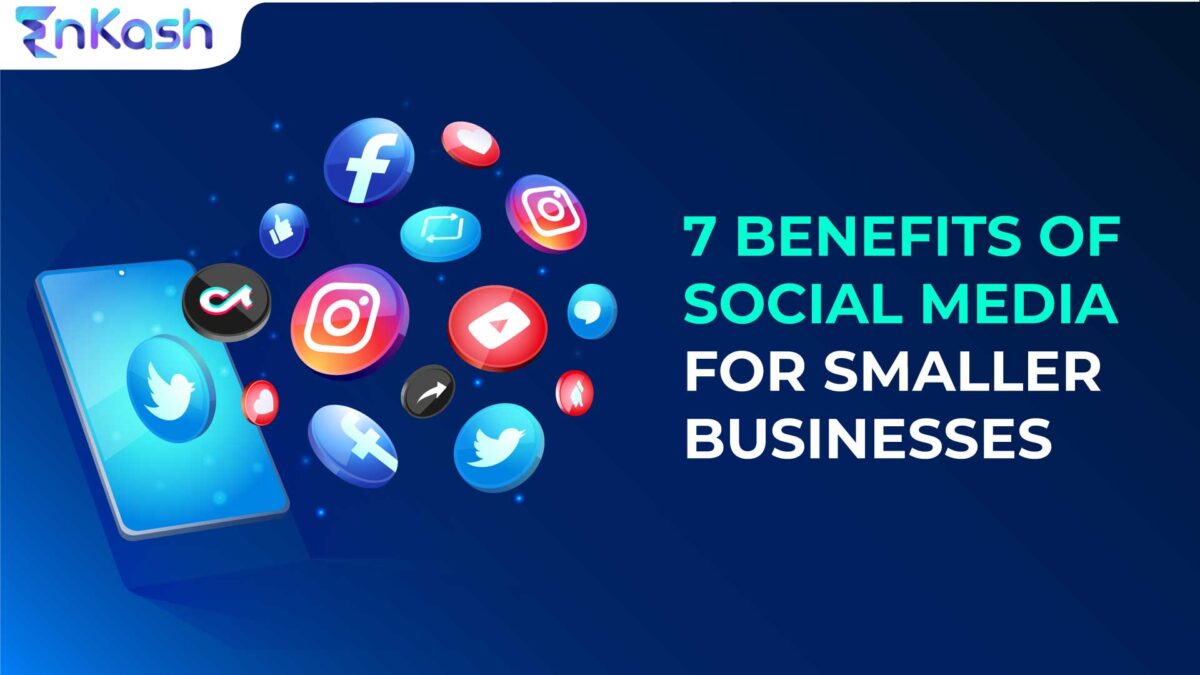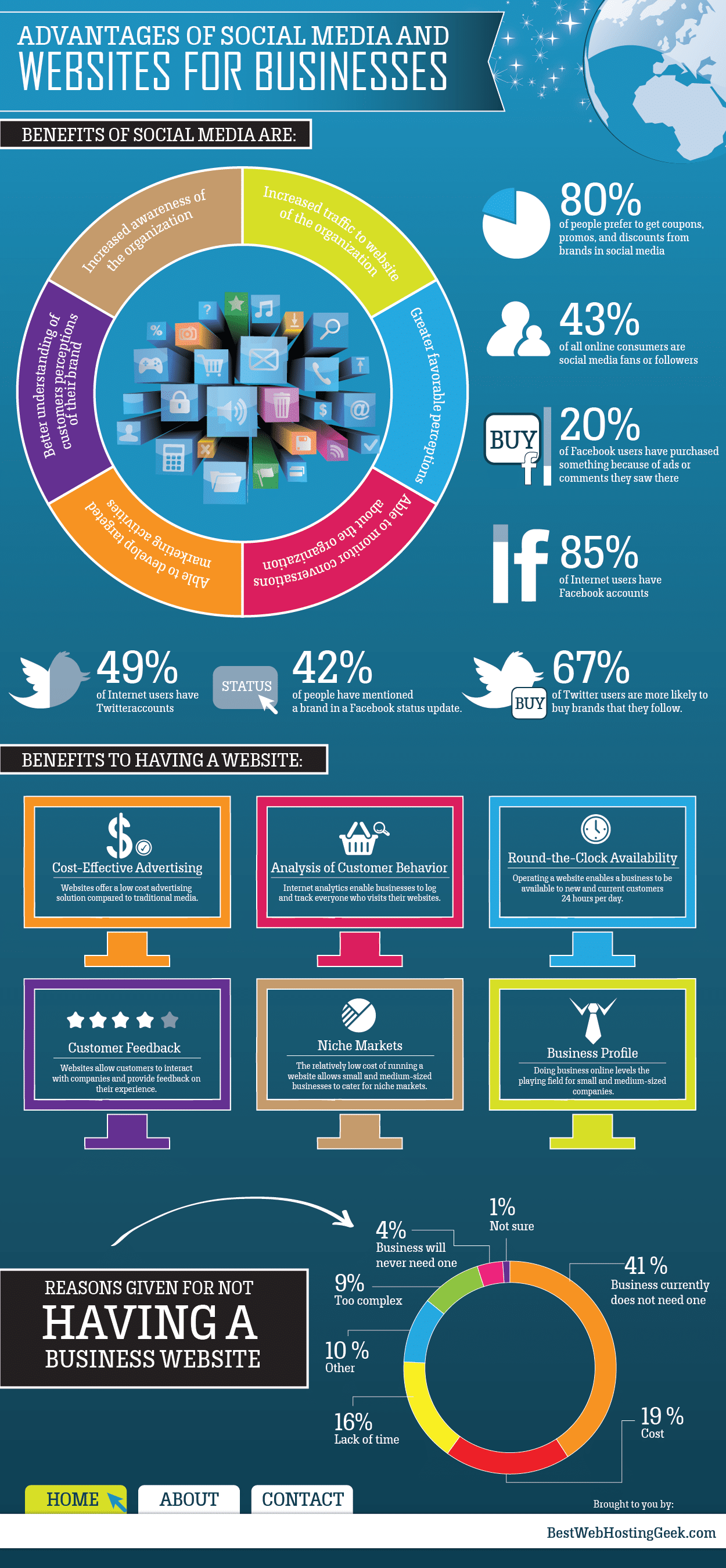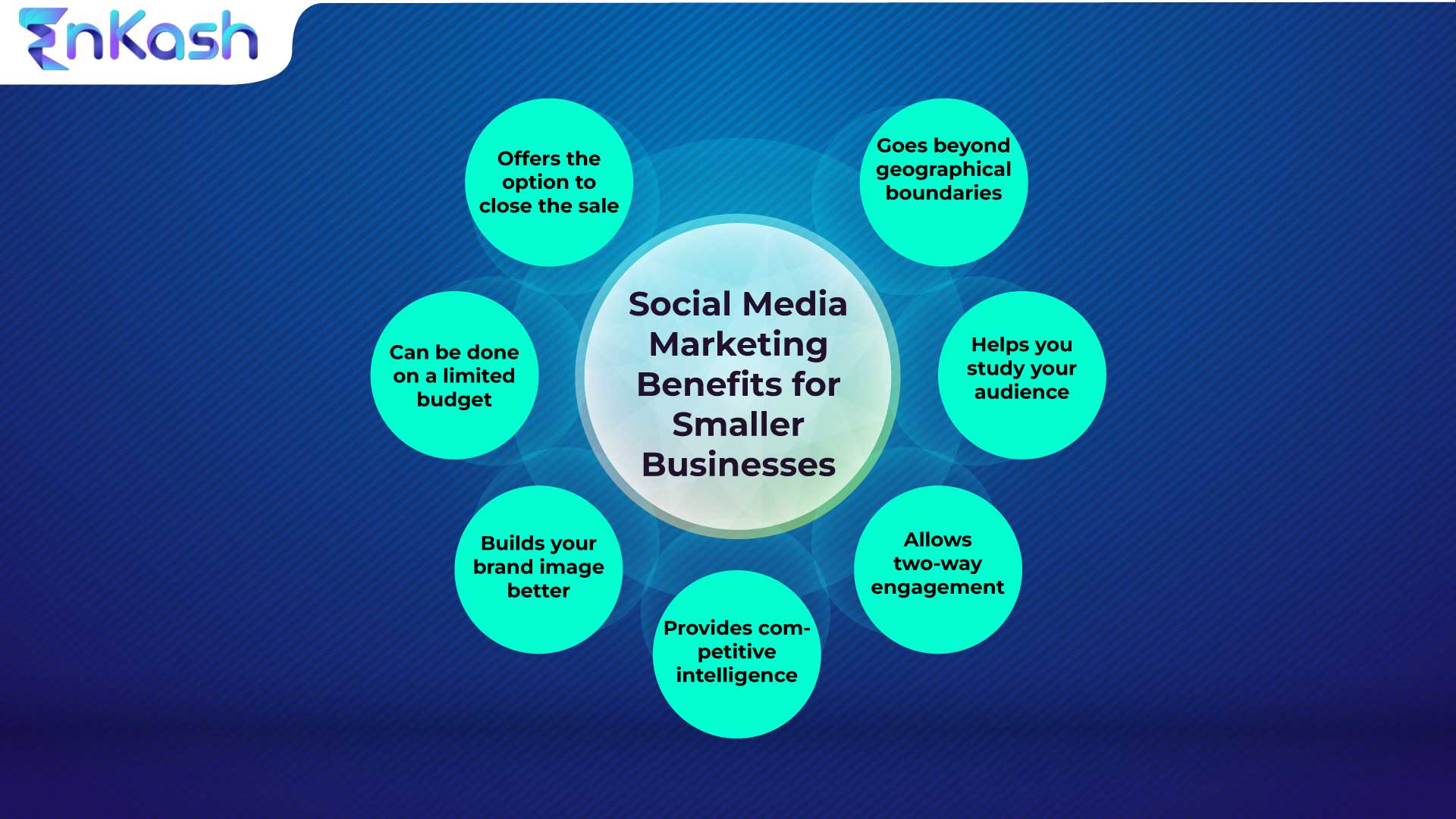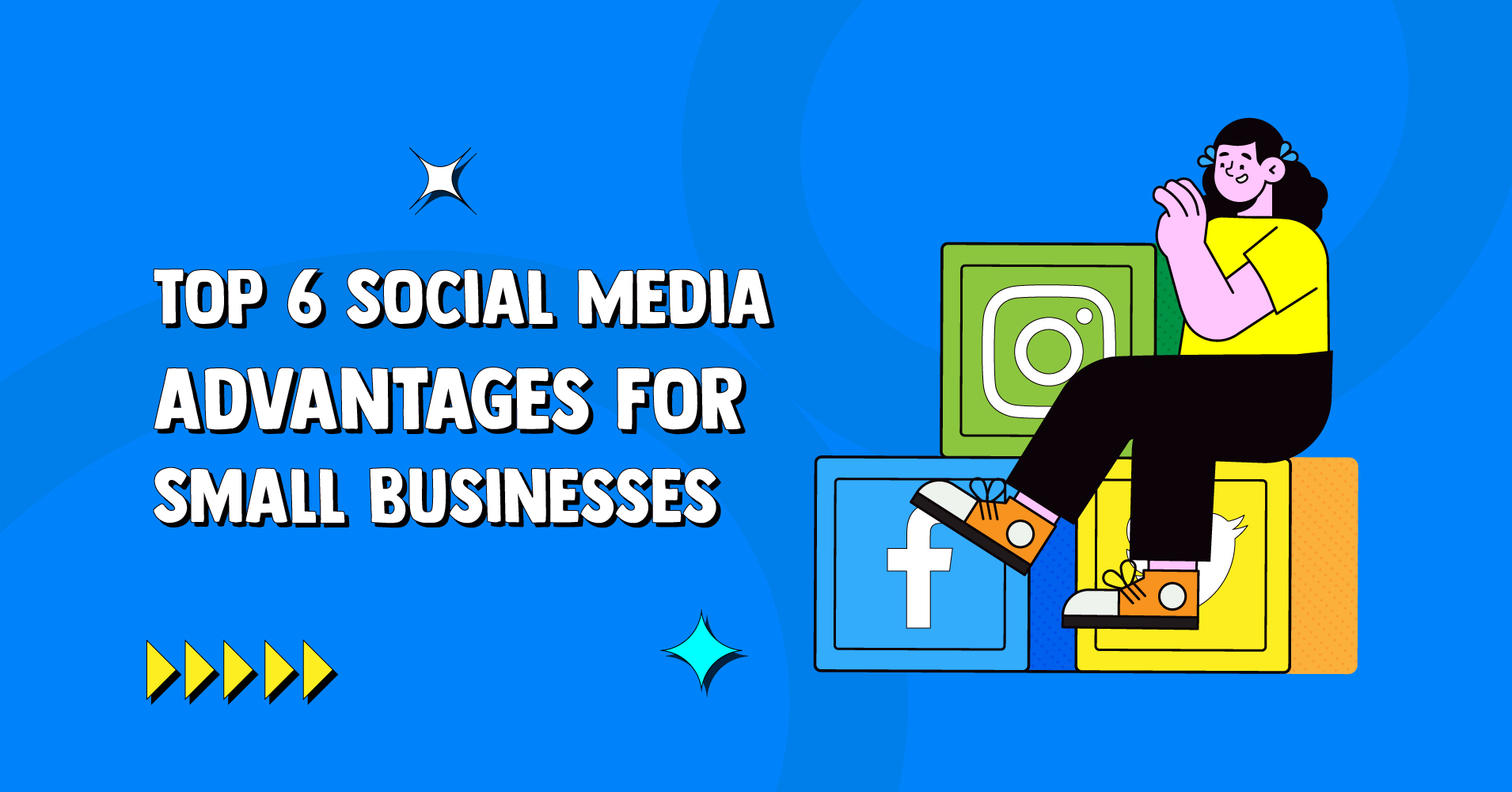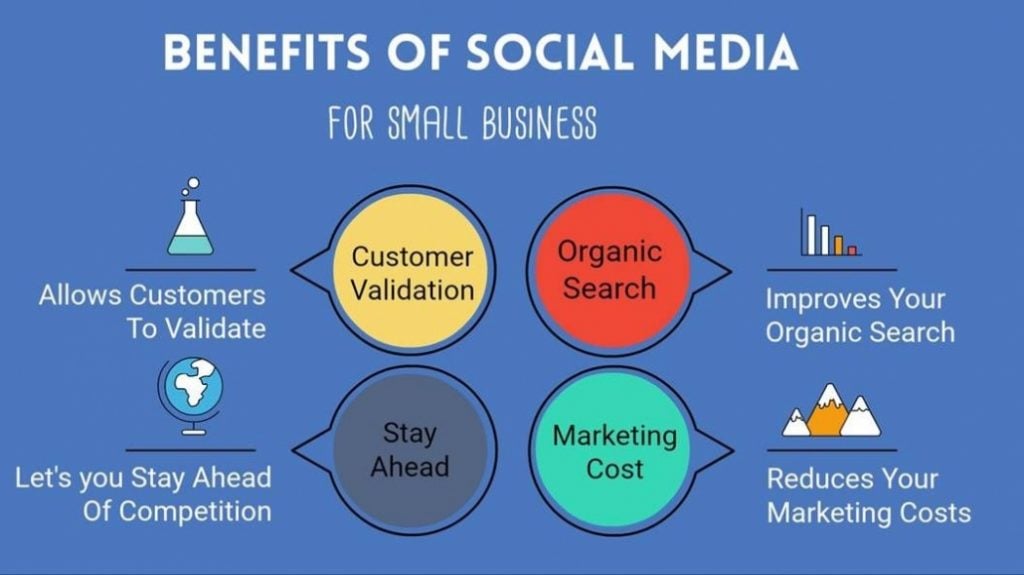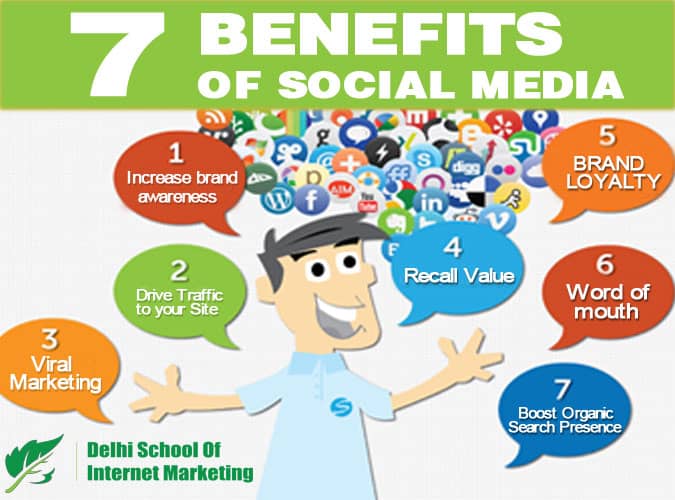Benefits Of Social Media For A Company
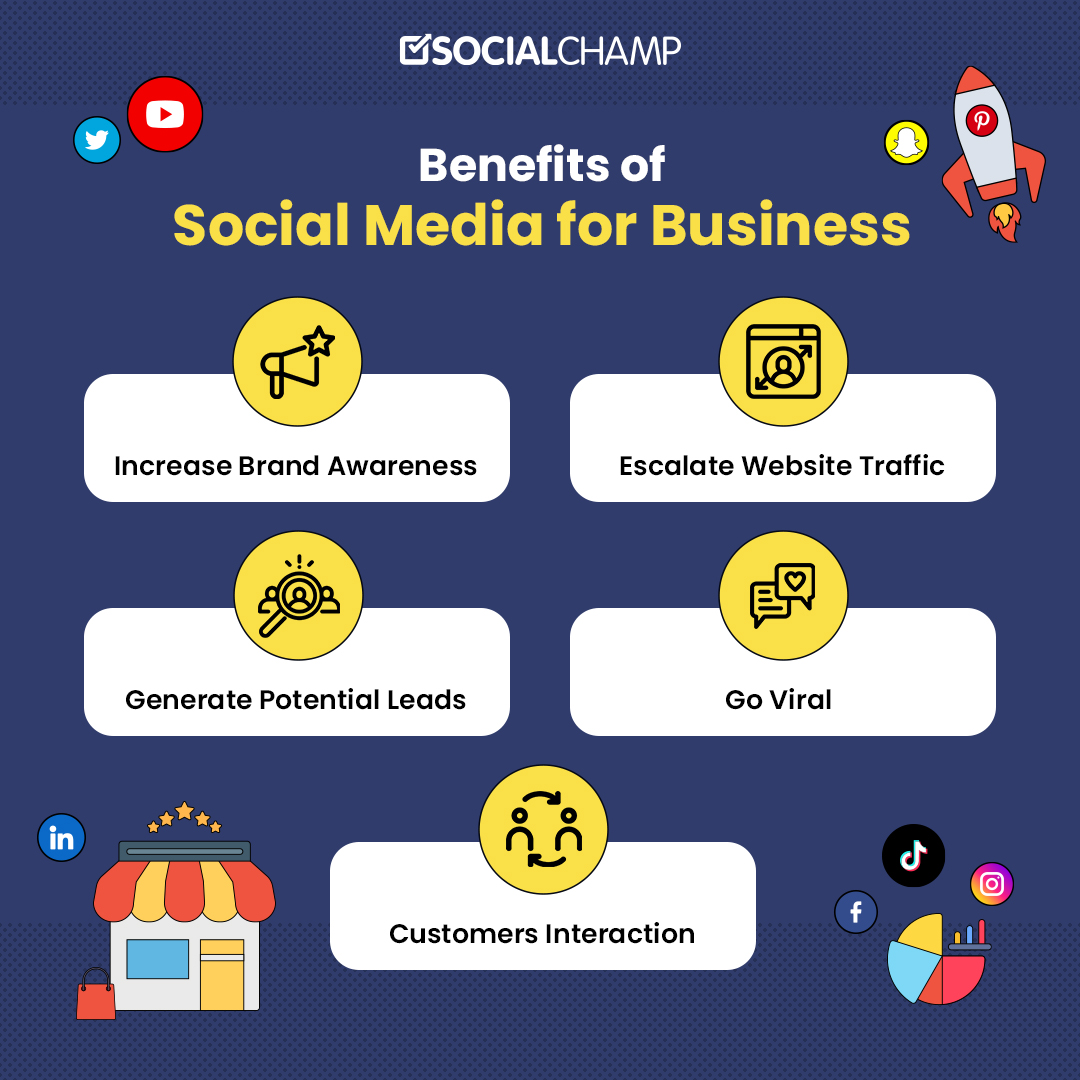
In today's digital age, social media has become an indispensable tool for businesses of all sizes. While often debated for its potential drawbacks, the strategic utilization of platforms like Facebook, Instagram, and LinkedIn can unlock a wealth of opportunities for enhanced brand visibility, customer engagement, and ultimately, business growth.
This article explores the multifaceted benefits of social media for companies, examining how these platforms can be leveraged to achieve specific business objectives and foster sustainable success. Experts agree that a well-defined social media strategy is no longer optional, but a crucial component of a comprehensive marketing plan.
Enhanced Brand Awareness and Visibility
One of the primary advantages of social media is its ability to significantly enhance brand awareness. By creating and sharing engaging content, companies can reach a vast and diverse audience, introducing their brand to potential customers who might not otherwise encounter it.
HubSpot reports that companies using social media are 58% more likely to increase brand recognition. Consistent posting and active participation in relevant online conversations can solidify a brand's presence in the minds of consumers.
Improved Customer Engagement and Loyalty
Social media provides a direct line of communication between businesses and their customers. Companies can use platforms to respond to inquiries, address concerns, and provide timely customer support, fostering a sense of connection and building stronger relationships.
According to a Nielsen study, 83% of respondents said they trust recommendations from friends and family over advertising, underscoring the power of word-of-mouth marketing facilitated by social media. Moreover, Sprout Social indicates that 47% of consumers feel more connected to a brand when they see it responding to customer service questions on social media.
Targeted Advertising and Lead Generation
Social media platforms offer sophisticated targeting capabilities, allowing companies to reach specific demographics, interests, and behaviors. This targeted advertising can be highly effective in generating qualified leads and driving conversions.
Facebook, for example, allows businesses to create highly targeted ads based on user data such as age, location, interests, and even purchasing habits. This precision targeting ensures that advertising dollars are spent efficiently, reaching the most receptive audience.
Cost-Effective Marketing
Compared to traditional marketing methods, social media marketing can be significantly more cost-effective. Creating and sharing organic content is often free, while paid advertising campaigns can be tailored to fit a variety of budgets.
Small businesses, in particular, can benefit from the affordability of social media marketing, allowing them to compete with larger companies without breaking the bank. Furthermore, the analytics tools provided by social media platforms offer valuable insights into campaign performance, enabling businesses to optimize their strategies and maximize their return on investment.
Increased Website Traffic and SEO
Social media can drive significant traffic to a company's website. By sharing links to blog posts, product pages, and other relevant content, businesses can encourage users to visit their website and learn more about their offerings.
In addition to driving direct traffic, social media can also improve a website's search engine optimization (SEO) ranking. Search engines like Google consider social signals, such as shares, likes, and comments, as indicators of a website's authority and relevance. A strong social media presence can thus contribute to higher search engine rankings and increased organic traffic.
The Story of "Bloom & Grow"
Consider the story of "Bloom & Grow," a local flower shop that struggled to attract customers before embracing social media. By posting visually appealing photos of their floral arrangements on Instagram and engaging with their followers, they saw a dramatic increase in foot traffic and online orders.
Owner, Sarah Miller, attributes their success to the personal connection they cultivated with their customers through social media. "We were able to showcase our creativity and build relationships with people who truly appreciated our work," she said.
Conclusion
In conclusion, social media offers a multitude of benefits for companies seeking to enhance their brand awareness, engage with customers, and drive business growth. By leveraging these platforms strategically, businesses can achieve significant returns on their investment and establish a strong presence in the digital landscape.
As social media continues to evolve, it is crucial for companies to stay informed about the latest trends and best practices. Embracing innovation and adapting to changing consumer behavior will be key to unlocking the full potential of social media marketing in the years to come.
